CBD, or cannabidiol, has gained popularity in the UK for its potential health benefits, but its legal status has been subject to scrutiny and clarification. Here’s an overview of CBD’s legal status in the UK, recent updates, and what it means for consumers:
1. Legal Background: In the UK, CBD is legal if it is derived from industrial hemp containing less than 0.2% THC (tetrahydrocannabinol), the psychoactive compound in cannabis. This distinction separates CBD products from illegal cannabis products and allows for the sale, purchase, and consumption of CBD products that meet these criteria.
2. Novel Food Regulation: In 2019, the European Commission classified CBD as a “novel food,” requiring CBD products to undergo a novel food authorization process before they can be legally sold. This regulation aims to ensure the safety and quality of CBD UK products for consumers. As a result, CBD companies must submit applications for novel food authorization, providing evidence of safety and compliance with regulatory standards.
3. Food Standards Agency (FSA) Guidance: In February 2020, the UK’s Food Standards Agency (FSA) issued guidance for CBD businesses, outlining requirements for novel food authorization, labeling, and product safety. The FSA set a deadline of March 2021 for CBD companies to submit their novel food applications and advised consumers to avoid CBD products that do not comply with these regulations.
4. Consumer Protection: The FSA’s guidance aims to protect consumers by ensuring that CBD products on the market meet safety and quality standards. By requiring novel food authorization and clear labeling, consumers can make informed choices and have confidence in the CBD products they purchase.
5. Implications for Consumers: As CBD companies navigate the novel food authorization process, consumers should be vigilant when purchasing CBD products. Look for products from reputable brands that adhere to regulatory guidelines and provide evidence of compliance, such as third-party lab testing results and clear labeling. Avoid products that make unsubstantiated health claims or do not provide sufficient information about their ingredients and potency.
6. Future Outlook: The legal landscape surrounding CBD in the UK is likely to evolve as regulatory agencies continue to monitor the market and enforce compliance with novel food regulations. Consumers should stay informed about regulatory updates and choose CBD products from trusted sources to ensure safety and legality.
In conclusion, CBD’s legal status in the UK is subject to regulatory oversight, with recent updates aiming to enhance consumer protection and product quality. By understanding the implications of these regulations and making informed choices, consumers can safely enjoy the potential benefits of CBD products in compliance with the law.

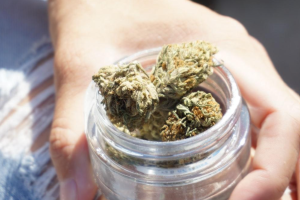


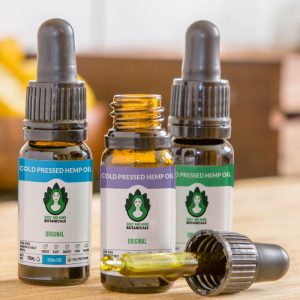
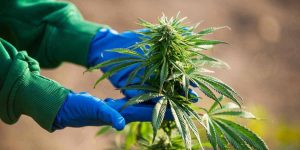


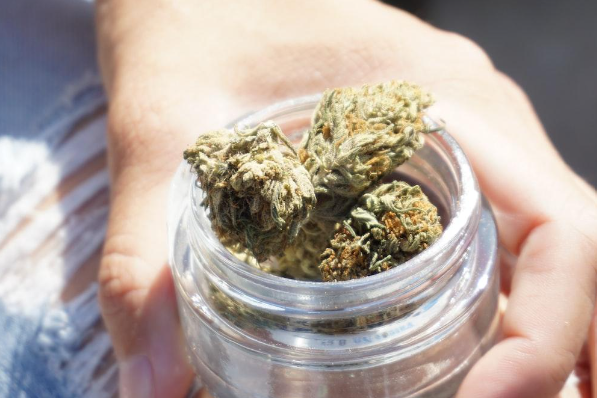
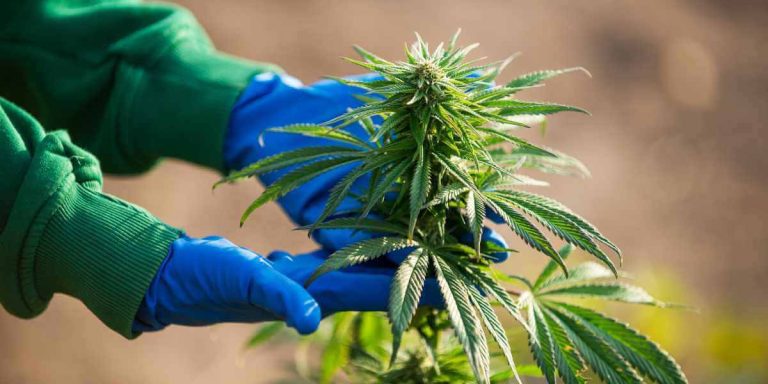


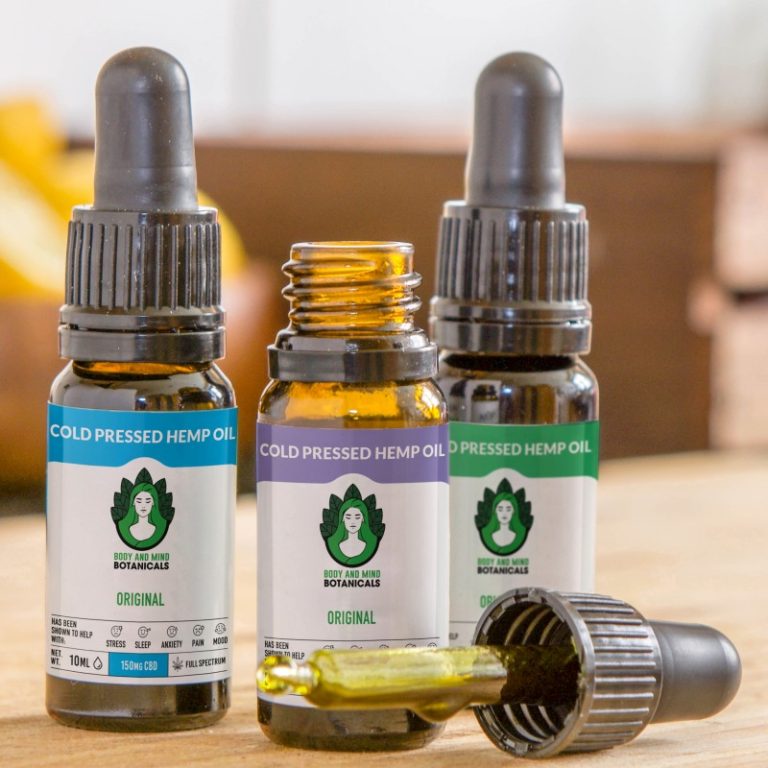
+ There are no comments
Add yours